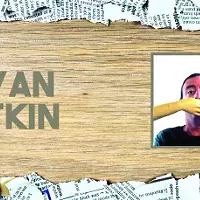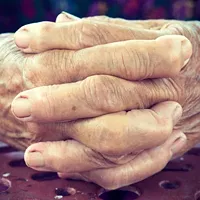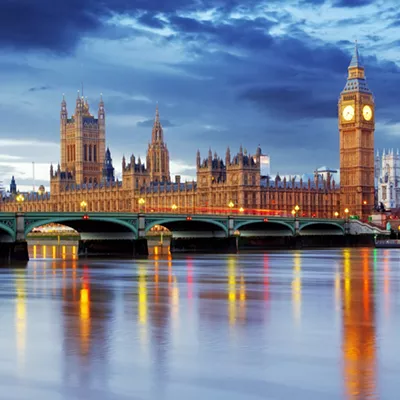Cato's look-the-other-way attitude in Dhaka must end
The Charlotte-based company adds insult to injury in deadly clothing-factory disaster
By John GroomsThe recent garment factory tragedy in Bangladesh that killed over 600 people has given crucial new momentum to efforts to reform that country's corrupt garment industry. After the tragic April 24 fire and structural collapse at an eight-story, shoddily built factory in Dhaka, several large western clothing retailers quickly admitted their ties to the factory and agreed to help improve conditions for that nation's 3.5 million garment workers. Unfortunately, the Cato Co., a Charlotte-based clothing retailer with ties to the Dhaka factory, has chosen to look the other way.
Some companies, including British low-cost retailer Primark, Canadian discount-chain giant Loblaw, and Spain's huge El Corte Ingles chain, pledged to take part in a compensation fund organized by the Clean Clothes Campaign, an anti-sweatshop group based in Holland that hopes to build the fund to $30 million.
In addition, representatives of two dozen retailers and clothing brands, including Walmart, Gap and others, have met in Germany to discuss what they could do to improve factory safety in Bangladesh. A few companies, including the parent company of Calvin Klein and Tommy Hilfiger, have even agreed to help bankroll any needed fire safety or building improvements.
However, several other retailers — including Cato, a women's clothing retailer with more than 1,300 stores in 31 states — hunkered down and tried to minimize any connections to the building in Dhaka where the worst garment factory accident in history took place. In the wake of the disaster, Cato admitted that it buys clothing from a vendor whose garments are made at the Rana Plaza factory complex, the site of the accident. Like some other, uhm, publicity-shy companies, Cato quickly added that "we did not have any ongoing production at the time of the incident." Which is, of course, completely beside the point. Cato did regularly buy garments from the deadly, illegally built factory. According to the New York Times, Cato received more than 90,000 pounds of apparel from the factory just since last November — indirectly contributing to the repugnant conditions and corruption that exist in Bangladesh's $20 billion garment industry.
Carolinians have been familiar with Cato for generations. Heck, my mom and a couple of her friends shopped at the Cato store downtown when I was growing up in South Carolina. So it was with a sense of familiarity, if not exactly warm fuzzies, that I decided to contact the company that one of Mom's friends always called "The Cato's." I wanted to ask if it had any plans to review policies regarding purchases from Third World factories; if it would continue to use the vendor mentioned by its PR folks; and whether it planned to join other companies who've pledged to contribute to the compensation fund.
Regrettably, I can't pass along that information to you because my calls to Cato's corporate headquarters in Charlotte still haven't been returned.
Even before the latest horrors, clothing retailers with ties to Bangladesh factories were under mounting pressure from human rights groups to contribute money to the compensation fund and improve safety at some of that country's 4,000 garment factories. After a fire that killed over 100 in November, also in Dhaka, Disney pulled production of its clothing line out of Bangladesh altogether.
Since April 24, companies that haven't stepped forward to pitch in have been called on the carpet by their competitors, such as the CEO of Canada's Loblaw Inc., who denounced the "deafening silence" from what he said were more than two dozen other brand-name retailers who used garment factories in the collapsed building.
The most powerful development since the accident has been a warning from the European Union, which said it could restrict Bangladesh's access to the immense EU market unless it takes immediate steps to enforce basic labor standards. The next day, Bangladeshi prime minister Sheikh Hasina reminded the EU that her Cabinet has sent a new labor law to Parliament that addresses the garment industry. Considering Bangladesh's history of mind-boggling levels of government corruption, it remains to be seen if the EU will have to back up its threat.
In the meantime, large garment buyers like Gap, Walmart, Loblaw, and several EU companies should continue to pressure the Bangladeshi government to improve conditions in its lucrative garment industry, while keeping up their own separate initiatives for improvement there. Eventually, maybe even Cato will do the right thing.
Speaking of...
Latest in Boomer with Attitude
More by John Grooms
Calendar
-

Free Wine Tasting at Roots Cafe @ ROOTS Cafe
-

Armored Car Brewing Food Truck Friday @ Armored Cow Brewing
-

Trap & Paint (Hookah Edition) @ Blush CLT
-

Labor Day All White Extravaganza @ Blush CLT
-

University Farmers Market @ The Shoppes at University Place


















